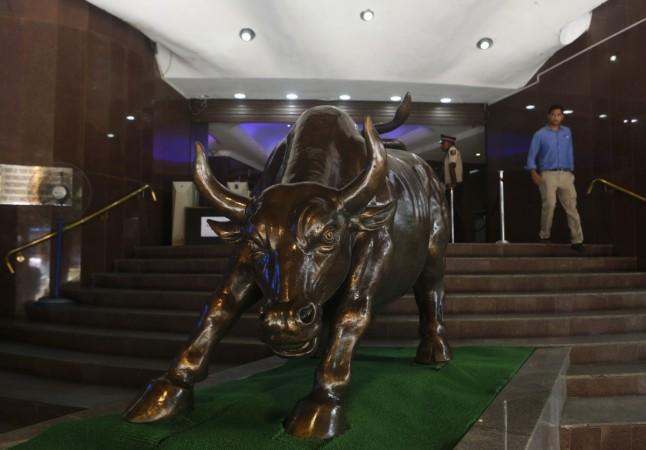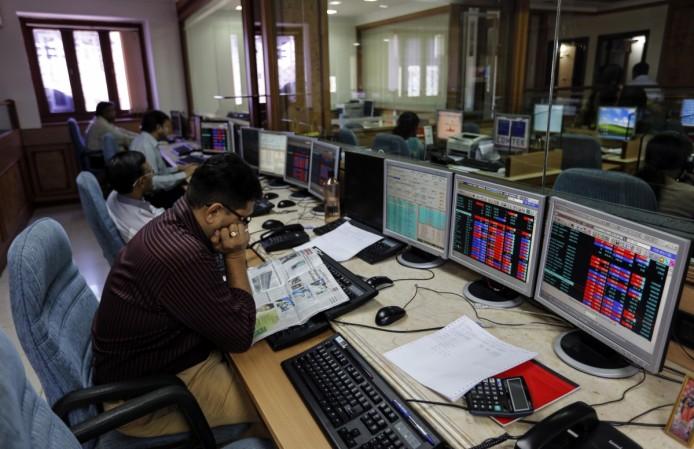
Generally an election year is considered as a year of caution for the investors and in fact, the recommendation by the brokerage firms is also on the safer side. Despite election-related uncertainty, global brokerage firms including HSBC, BNP Paribas and Morgan Stanley have turned bullish on Indian equities. Last year, India ended as the best-performing Asian market and the best-performing major global market after Brazil. The Sensex finished 6 per cent higher in 2018. Domestic stocks have fared better than most global equities.
In comparison, the MSCI Emerging Market and MSCI World indices were down by 16 per cent, amid a crash in the US and China markets. The reason attributed to global volatility were economic uncertainty in the US and trade tensions with China. A sharp decline in oil prices and strong buying by domestic funds have helped Indian markets withstand global volatility in the latter part of 2018.
Financial daily, Business Standard reported that HSBC, in its recent report, has upgraded its weightage on India from 'neutral' to 'overweight'. It is betting on financial, metal and consumer discretionary sectors in the Indian context. Herald van der Linde, head of equity strategy for the Asia Pacific at HSBC, said, "Aside from the elections, the macro backdrop is looking better in 2019 than in 2018. Inflation is low, and our economists are now looking for a rate cut in April. We expect overall GDP (gross domestic product) growth to accelerate, possibly supported by reforms (such as GST) starting to bear fruit."

In this year, Indian benchmarks have underperformed vis-a-vis major global indices with only a jump of around 1.8 per cent. In comparison, Nasdaq Composite, CAC 40, Hang Seng, S&P 500, DJIA, FTSE and the Karachi 100 have jumped higher in the range of 6 per cent to 12.1 per cent during the same duration. Additionally, analysts at BNP Paribas too have gone bullish on the Indian markets and have expected the S&P BSE Sensex to rally from the current levels and hit 40,000 levels. The brokerage firm has estimated a jump of around 8.3 per cent from the current levels but has also red-flagged against election-related volatility in the first half of the calendar year 2019.
The election commission on Sunday, March 10, announced the schedule of the general election for 2019. Voting to elect the 17th Lok Sabha will be held over seven phases from April 11 to May 19 with the counting of votes scheduled for May 23.













